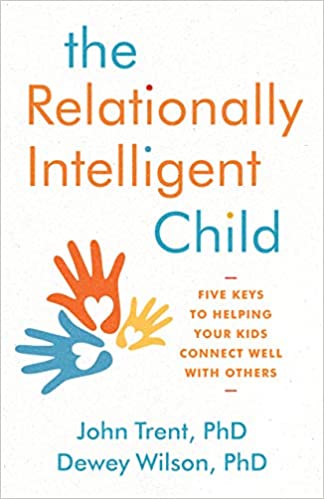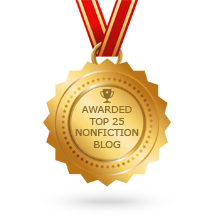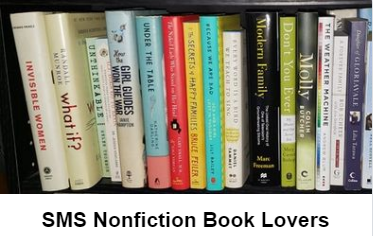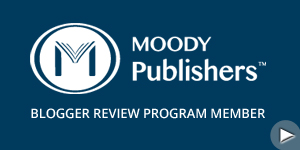A book review of The Relationally Intelligent Child: Five Keys to Helping Your Kids Connect Well With Others by John Trent, PhD and Dewey Wilson, PhD.
Stars: ***
Northfield Publishing (2021)
Parenting
176 pages
Disclosure: I received a copy of this book in exchange for an honest review. This post contains affiliate links.
Summary: Most parents today understand brokenness and loneliness when it comes to relationships. Then comes the need to teach relationship skills to their children! Having experienced isolation and loneliness on their own, parents can be terribly aware of how much their own children need and long for relationships.
The Relationally-Intelligent Child teaches parents the crucial insights of a must grasp concept: relational intelligence. This tool for growth and connection will not only change a child’s life, but also a parent’s own relationships. You’ll discover five key elements that can engage and equip your child with skills for being relationally intelligent with family, friends, and others.
This book also includes a special online version of the Connect Assessment® to help parents understand their children’s relational strengths. You’ll find a hands-on application plan, as well as links to powerful podcasts, videos, and resources. Your child was created for connection and designed for loving relationships. Get the help you need to guide them to develop the skills they need to do so.
The Relationally Intelligent Child
There are different types of intelligences. Emotional intelligence has been talked about a lot lately. This book is about relational intelligence. Relational intelligence is about how you relate to other people.
The book talks about the five elements of relational intelligence which are: secure attachment, fearless exploration, unwavering resilience, wise decision making and future-focused service. Each section tells you more about that element and how it relates to your child.
During the first element, we are asked questions about when we were age 10. We are supposed to use those answers to help guide us through the rest of the elements. You will need to refer back to them. At the end of the book are some worksheets to fill out for you and each kid to help you make a plan to put the book into action.
Buy The Relationally Intelligent Child from Amazon.com and help support the blog
Find The Relationally Intelligent Child from Goodreads.









